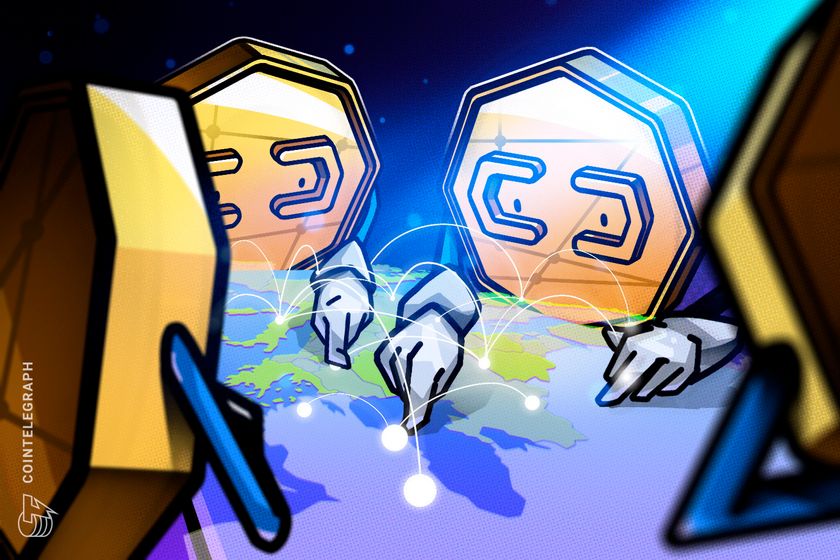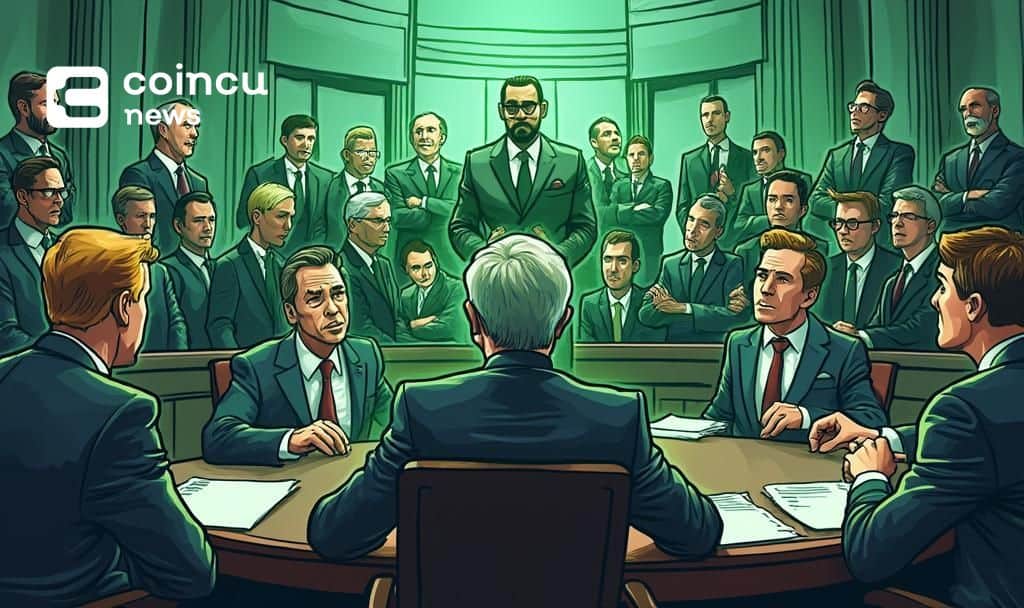MetaMask Rewards and the New On-Chain Loyalty Game
MetaMask just turned your wallet activity into a game. Points, levels, and even a metal card are now part of everyday crypto use — a strange mix of finance and fun that feels like DeFi meeting loyalty miles.
The Wallet Everyone Knows, but Now With Perks
For years, MetaMask — the ConsenSys-built gateway to Ethereum and half the web’s dapps — has been the quiet infrastructure most of us never thought about. Open, sign, send, done.
That changed on October 28, 2025, when the team rolled out MetaMask Rewards, a program that hands out points for swaps, futures trades, and referrals right inside the app. Think of it as a layer of incentives wrapped around normal wallet behavior.
Seven Levels Deep
The system runs on seven tiers, each stacked with extra privileges.
A quick mental map:
- Origin (0 pts) — baseline, nothing yet.
- Frontier (>1 K) — Linea tokens equal to your total points, redeemable at season’s end.
- Sylvana (>25 K) — 24-hour ×1.5 boost on all trading points.
- Oceania (>50 K) — 50 % fee cut on futures.
- Denalia (>100 K) — priority support + 3-day boost.
- Titana (>1 M) — 65 % discount + entry to the AlphaFoxes Club.
- Utopia (>5 M) — the prize: a MetaMask Metal Card with one year of free service.
It’s a clever loop. Trade more → climb faster → trade cheaper → climb higher.
Getting In Is Easy
You start by installing the MetaMask, creating or importing your EVM wallet, and hitting the Rewards button at the bottom.
How to download and set up MetaMask walletEnter code NJESCX during onboarding and grab a free 250 points boost — the Web3 version of a welcome coffee punch card.
How to join MetaMask RewardsHow to Earn Without Overthinking It
There are four main channels.
Swaps. Every $10 in volume = 8 points across Ethereum, Polygon, Arbitrum, Avalanche, BNB Smart Chain, Base, Solana, zkSync Era, Sei, and Linea. Swaps on Linea even double your rate.
Perps. Futures pay 1 point per $10 when you open, close, or trigger TP/SL orders.
How to trade perps in MetaMaskReferrals. Friends get 250 bonus points, you collect 10 points for every 50 they earn.
Retro activity. If you traded before Oct 15 2025, connect that wallet — past volume can net up to 50 K points.
It’s almost absurdly simple, which is the point. Incentives with minimal friction tend to work.
Why It Matters
If this all feels like early Web2 rewards culture sneaking back, that’s because it is — but transparent and programmable this time. Points aren’t hidden in databases; they’re traceable, tradeable even, across ecosystems.
MetaMask’s design hints at more than short-term engagement. The steady references to a future $MASK airdrop suggest these points could evolve into something bigger — governance rights, token claims, maybe even cross-app interoperability.
The wallet becomes the brand. Activity becomes identity.
How to Play It Smart
For anyone chasing real yield from this, a few practical moves help:
- Favor Linea swaps. The 2× multiplier compounds fast.
- Stay active, not reckless. Futures volume counts, but losing trades still sting.
- Use referrals early. Early trees grow the most branches.
- Link past wallets. Free points for historical activity are rare gifts.
And remember, this isn’t just farming for tokens — it’s building history. The data you generate today may decide tomorrow’s eligibility.
Closing Thoughts
MetaMask Rewards marks a subtle but significant turn for Web3: the wallet is no longer a passive tool. It’s becoming a stage. Each swap, each trade, each invite pushes you up a ladder of digital reputation.
Whether you care about the Metal Card, the Linea tokens, or just the quiet satisfaction of climbing, this program gamifies the mundane in a way that actually works.
The bigger story? Wallets are turning into social layers. MetaMask lit the match, and projects like Soneium are carrying the flame — proving that loyalty in crypto doesn’t come from holding, but from doing.
This article is part of DropsTab Research.
MetaMask Rewards and the New On-Chain Loyalty Game was originally published in Coinmonks on Medium, where people are continuing the conversation by highlighting and responding to this story.
You May Also Like

BitGo wins BaFIN nod to offer regulated crypto trading in Europe
BitGo’s move creates further competition in a burgeoning European crypto market that is expected to generate $26 billion revenue this year, according to one estimate. BitGo, a digital asset infrastructure company with more than $100 billion in assets under custody, has received an extension of its license from Germany’s Federal Financial Supervisory Authority (BaFin), enabling it to offer crypto services to European investors. The company said its local subsidiary, BitGo Europe, can now provide custody, staking, transfer, and trading services. Institutional clients will also have access to an over-the-counter (OTC) trading desk and multiple liquidity venues.The extension builds on BitGo’s previous Markets-in-Crypto-Assets (MiCA) license, also issued by BaFIN, and adds trading to the existing custody, transfer and staking services. BitGo acquired its initial MiCA license in May 2025, which allowed it to offer certain services to traditional institutions and crypto native companies in the European Union.Read more

U.S. Senate Finalizes Bipartisan Crypto Market Structure Bill
